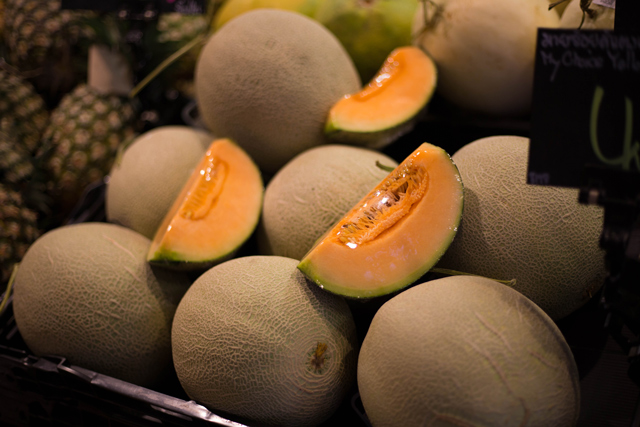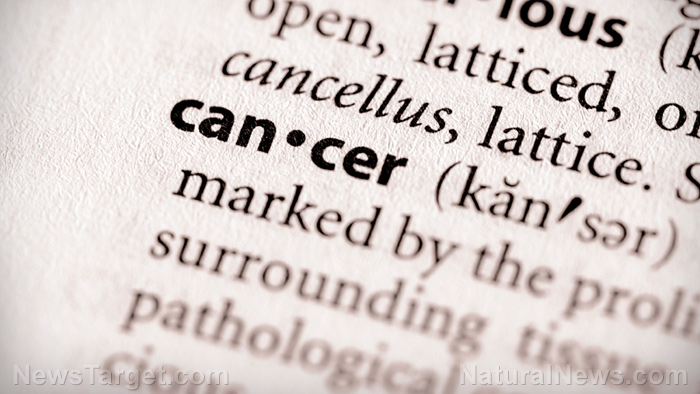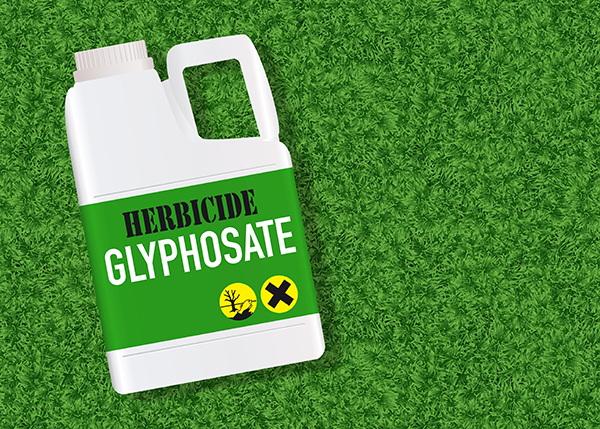Longevity science: Study reveals how food components may combat aging in a natural stress response
10/02/2025 / By Willow Tohi

- Dietary RNA found in bacteria improves healthspan in worms by reducing harmful protein buildup.
- Caloric restriction and time-restricted eating boost longevity via mTOR inhibition and autophagy.
- Exercise combats aging through improved muscle, bone and cardiovascular health.
- Gut health linked to longevity via microbiome diversity influenced by diet and exercise.
- Environmental toxins like microplastics and PFAS accelerate aging; mitigation strategies exist.
A recent study from the University of Basel in Switzerland, published in Nature Communications, has uncovered how certain nutrients in food, specifically dietary RNA from bacteria, can mimic a mild stress response in the nematode C. elegans, improving its healthspan—the period of life spent in good health. The research highlights the intricate relationship between diet, cellular stress and aging, echoing themes from broader longevity research advocating for dietary changes and toxin avoidance to combat age-related declines.
The science behind dietary RNA and cellular protection
Researchers led by Anne Spang and Emmanouil Kyriakakis found that ingesting double-stranded RNA molecules, naturally present in bacteria that C. elegans eat, activates the worms’ cellular cleanup processes. This “dietary stress” triggers autophagy—the body’s way of recycling damaged proteins and organelles—preventing the toxic buildup associated with aging. “These molecules prevent the formation of harmful protein aggregates that are typically linked with aging and disease,” says Spang.
The study revealed that RNA from food communicates between the gut, muscles and reproductive cells, inducing a systemic stress response that slows protein aggregation and preserves mobility in old age. While the research was conducted on nematodes, it aligns with human studies showing that caloric restriction and intermittent fasting activate similar pathways to combat aging.
From worms to humans: Translating the science
While the study does not yet confirm if dietary RNA benefits humans, its implications for longevity are profound. Specific food components can stimulate the body’s protective mechanisms. A growing body of research, including guidelines from the “Longevity Prescription,” underscores how lifestyle choices—like ketosis for cancer therapy, time-restricted eating and toxin avoidance—are already being leveraged to extend healthspan in humans.
Key mechanisms in humans:
- mTOR inhibition: Caloric restriction and fasting inhibit mTOR, slowing growth pathways and enabling cellular repair. This effect is critical in neurodegeneration and cancer prevention.
- AMPK activation: Fasting or metformin use boosts energy-sensing AMPK, enhancing mitochondrial function and antioxidant defenses.
- NAD+ and sirtuins: Caloric restriction elevates NAD+, fueling sirtuins, enzymes tied to DNA repair and youthfulness.
Practical strategies:
- Intermittent fasting: Time-restricted eating (e.g., an 8-hour eating window) aligns with circadian rhythms and boosts autophagy.
- Ketogenic diet: Lowers sugar intake, aiding fat metabolism and possibly cancer therapy.
- Exercise: Resistance and aerobic training prevent muscle/bone loss and cardiometabolic disorders.
Circadian rhythms and environmental toxins: Modern challenges to aging
Modern life disrupts circadian clocks, exacerbating aging through poor sleep and toxin exposure. Air pollution, microplastics and PFAS (present in nonstick cookware) trigger inflammation and oxidative stress, accelerating cellular damage. Environmental health researchers also cite wildfire smoke and plastic pollution—both unprecedented in their scale—as factors accelerating the aging of biological systems due to inflammation, hormone disruption and oxidative stress.
The Basel study’s findings also underscore the need to protect gut health, as microbiome diversity—boosted by fiber-rich diets, probiotics and exercise—may delay aging, as highlighted in the longevity guide. Meanwhile, mindfulness and social connections mitigate the cortisol-driven stress that erodes immunity.
A holistic approach to aging in the 21st century
The University of Basel’s research adds momentum to the growing movement viewing diet and environment as critical to aging healthily. As foods like RNA-rich sources (if proven in humans), and behaviors like intermittent fasting or toxin reduction gain traction, the convergence of scientific, ancestral and modern strategies offers hope. What we eat can shape how we age—reminiscent of our ancestors’ cycles of feast and famine, evolution itself is the ultimate guide.
For the general public, this means prioritizing circadian-aligned diets, physical activity and environmental vigilance. As longevity science evolves, the message remains clear: Longevity begins at the plate and extends to the choices that protect—and even mimic—our body’s ancestral resilience.
With over 43 million Americans affected by chronic inflammatory conditions and a booming global wellness market, solutions to aging are no longer reserved for labs. The marriage of worms in Basel and human behavior change could redefine how society ages in the decades to come.
Sources for this article include:
Submit a correction >>
Tagged Under:
alternative medicine, anti-aging, cellular protection, circadian rhythm, diet, discoveries, food is medicine, food science, health science, healthspan, longevity, natural health, natural medicine, Naturopathy, nutrition, prevention, real investigations, research
This article may contain statements that reflect the opinion of the author
RECENT NEWS & ARTICLES
HealthScience.News is a fact-based public education website published by Health Science News Features, LLC.
All content copyright © 2018 by Health Science News Features, LLC.
Contact Us with Tips or Corrections
All trademarks, registered trademarks and servicemarks mentioned on this site are the property of their respective owners.



















